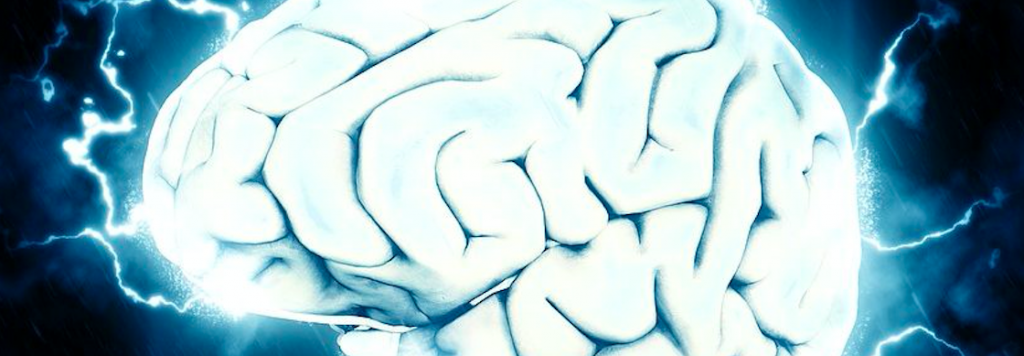Managing Brain Trauma
Brain trauma can occur in numerous types of situations. There are those who are involved in industrial types of accidents that result in traumatic brain injury. Car accidents are a common cause of brain injuries, along with accidents from playing sports. A medical issue can also occur that causes a brain injury at birth. For those who are managing brain trauma or those who are giving care during these times, it can be stressful, frightful, along with being financially draining.
What is Brain Damage?
Brain damage is not seen from the outside. A person who is dealing with brain trauma is not going to show physical signs that showcase they have a disability. This is why this is often referred to as an invisible injury.
Brain damage occurs when there is damage or destruction of the brain cells. This is diagnosed through the use of neurological examinations, neuroimaging, and neuropsychological assessments. The location of where the damage is what dictates just how a person is affected.

How Brain Trauma is Treated
The treatment that a person may need if they suffer from brain trauma is going to depend upon how severe this injury is considered.
For example, a mild concussion is often going to be trauma that can be worked away with plenty of rest and fluids. Those who have a major concussion may require a little longer resting and may have to be evaluated before they start with what they normally would do.
However, what happens when brain trauma is traumatic?
Upon first getting injured, doctors will want to ensure that the person is getting enough blood and oxygen throughout their body in order to reach their brain. They will also want to ensure that the blood pressure is controlled.
When these elements are unstable, they can make a brain injury worse. Once a person has been stabilized, they may have a variety of treatments that they need to take. These can include:
- Physical therapy
- Occupational therapy
- Speech and language therapy
- Psychological support
What makes this injury so traumatic is that the person may have to undergo therapy for weeks or even years depending upon the severity of the brain injury. It is not unheard of for a person to have to undergo these therapies once they have been released from the hospital and continue to do this in order to live their life normally, or as normal as they can.
There are of course new treatment options coming out every day as science tries to figure out what to do in order to ensure that brain trauma is no longer life changing. As these approaches improve, a new therapy or procedure may come forth that helps you even more!

Lifetime Consequences of Brain Trauma
There are lifetime consequences of brain trauma that is going to affect a person’s way of life. These lifetime consequences will vary from person to person and will also vary depending on the severity of the trauma that the person suffered.
A few of the issues that a person may deal with throughout their life include:
- Memory loss
- Frequent mood swings
- Impaired language skills
- Loss of sensation in certain areas of the body like fingers, toes, etc.
- There is an increased risk of stroke and/or seizures
- Impaired cognitive function
- Loss of balance frequently
- They may suffer partial paralysis
What is important to note is that many of the consequences of having head trauma can cause even more head trauma later.
For example, if a person were to lose their balance and have another head injury, the symptoms that they suffer could become even worse. And it could easily become a life-threatening issue.
How to Manage a Brain Injury
How can a person go about managing a brain injury? For those who are trying to do this on their own, they have options.
For one, those who have had brain trauma, they need to realize that their lives may change dramatically, and they need to make certain that those who are in their lives are aware that they may have some issues.
As it will take a lot of patience and understanding to deliver care to someone who is suffering with brain trauma.
One of the most important things for people to remember is that what they do in their lives may not be what other people are doing.
They have to find what works for them. A few examples of how a person can manage these traumas on their own:
- Take the advice of the professionals that you are seeing. If your therapist wants to see you more, make time to do this.
- Don’t be surprised if there are setbacks in your life that cause emotional distress…this is very common among those who have had this type of brain trauma.
- There are many things that your brain can relearn. So, if you think that the situation is hopeless, you may be wrong. This is why it is important to keep up with physical therapy and occupational therapy.
Many of those who have this type of brain trauma often find that they cannot be on their own. This means that many family members, a spouse or someone else have to step in and take care of that person. For example:
- A person may need someone to drive them as they are not able to do this anymore
- They may need someone to do the cooking as they could be a hazard to themselves and others around them
The caregiver may become like a parent to the person who has suffered this injury/trauma. When no one else is around to help an individual, this may mean that they have to live in an area that has full-time care on hand in order to be safe.

Long Term Disability and Brain Trauma
Due to the nature of a brain trauma, this can be considered a long-term disability. This does mean that a person who suffers from this could get money to help with expenses each month.
Long term disability is given to those who are unable to work, and it seems that this injury is not going to clear up in the near future allowing them to go to work or to get back to the life that they once had.
The problem that people can have is that these long-term disability claims can be denied by an employer, an insurance company or the like. Why are they denied? There are several reasons why this can happen including filling out a form incorrectly or even the insurance company questioning the injury.
This is why you want to have someone on your side to help you through this process.
Conte Jaswal works with those who are suffering from brain trauma and who do need to have long term disability in order to pay for their everyday expenses and deal with the trauma that they are suffering with.
We help you fight the denials that you may have been given so that you can get the monetary rewards that you need. Contact us today for a FREE Consultation.





